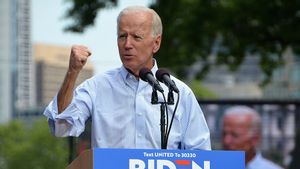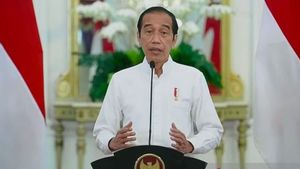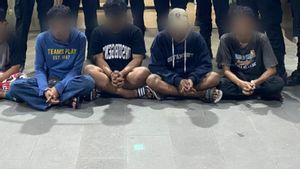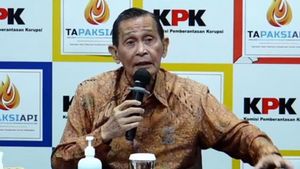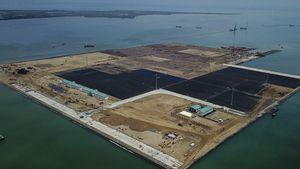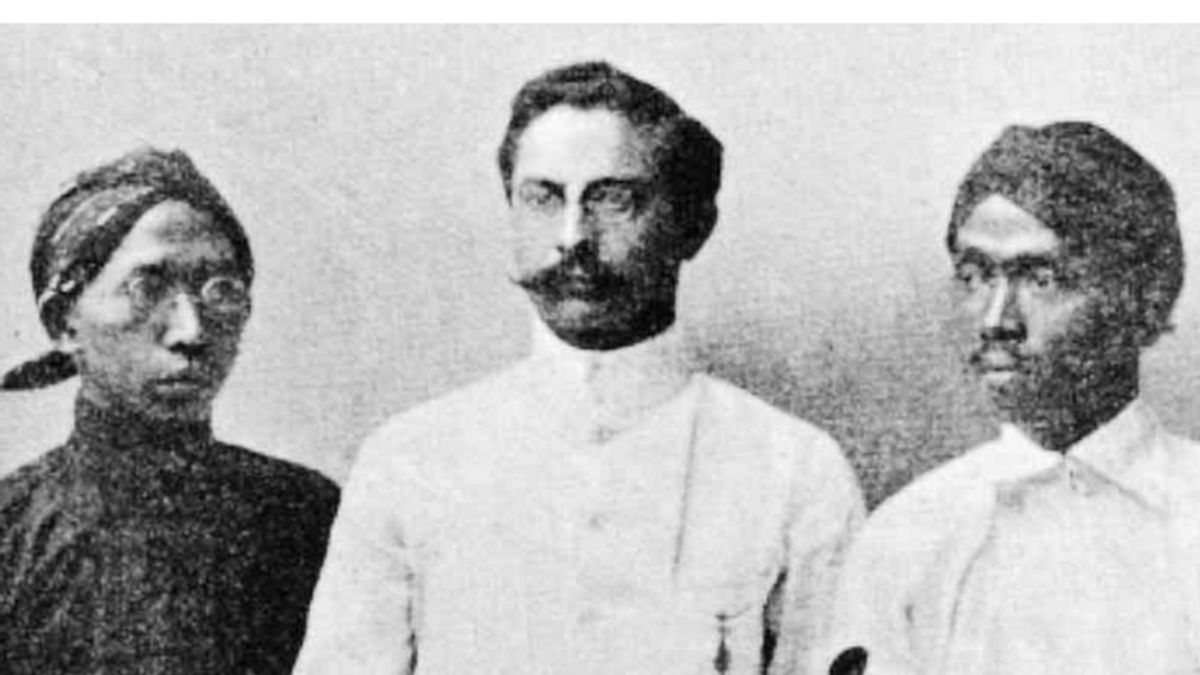
JAKARTA – History today, 109 years ago, August 18, 1913, the Dutch sentenced Tjipto Mangoenkoesoemo, Ernest Douwes Dekker, and Soewardi Soerjaningrat to exile. The triumvirate was considered by the Dutch as rebels. Carrier of a radical movement against the Dutch.
The attorney then issued a warrant confirming that Soewardi was exiled to Bangka, Tjipto to Banda, and Ernest to Kupang. However, they refused. Instead, they asked to be exiled to the Netherlands and it was granted.
The memories of the national movement are second to none. That period became the main determinant of the Bumiputras free from the shackles of Dutch colonialism. It all started from the educated natives who wanted their nation to progress. The Boedi Oetomo (BO) organization was formed. The goal is noble.
They want to fight for their people to get a proper education. Soewardi and Tjipto were in it. However, the two of them were short-lived. Any indication of self-exclusion of BO is considered as a parasite. Instead of being concerned with the fate of the commoners, BO allegedly only cared about the interests of the priyayi.
Tjipto and Soewardi opted out of BO. This does not mean taking a break from politics. both of them actually joined with Ernest to form the Indische Partij (IP) on December 25, 1912. IP became the political vehicle of the Three Triads against the Dutch East Indies colonial government.

IP door was opened wide. All ethnic groups who lived and grew up in the Dutch East Indies could join. No differentiator. The rich or the commoner. The Bumiputra or Indo-Dutch. Everything is accepted. This attitude is often expressed in words: one for all, all for one.
“The idea of the Dutch East Indies for the citizens of the Dutch East Indies is a new thing for the indigenous people with Western education. The giant meeting held by IP is a new thing that has inspired Tjokroaminoto so much that he succeeded in becoming the Chairman of the Central Sarekat Islam (CSI).”
“The language that IP used at that time was really shocking. At his giant meeting in Bandung, Dekker announced a declaration of war against tyranny, or a declaration of war against colonial taxpayers against the Dutch, an extortionist state,” said Takashi Shiraishi in the book 1000 Years of the Archipelago (2000).
The emergence of IP surprised the Netherlands. Moreover, IP used the De Ekspres newspaper as a propaganda mouthpiece against the Dutch. The writings in the newspaper so cornered the Netherlands. Hard satire is inevitable. IP was considered too radical by the Dutch.
The Triumvirate was finally captured. The Dutch also decided to exile the three on August 18, 1913. The plan was that Soewardi would be exiled to Bangka, Tjipto to Banda, and Ernest to Kupang. However, the three of them actually agreed to refuse placement in the Dutch East Indies. The three chose to be exiled to the Netherlands. Miraculously the owner of the power granted the proposal.

"The three people were interrogated as they should be, but it's just a formality to comply with legal provisions. On August 18, 1913 Tjipto Mangoenkoesoemo was exiled to Banda; Soewardi to Bangka. Douwes Dekker was exiled to Kupang in Timor. Douwes Dekker's efforts to reach out to the Bumiputra population, especially the young Bumiputra intellectuals, became the main consideration for this decision."
“The three of them straightened out, and it is the right of the person sentenced to such a sentence, to apply for permission to go to and stay in Europe. The Governor-General of the Dutch East Indies Idenburg granted this request. The review is to make the three people harmless, and not to send punitive or retaliatory expeditions,” said Kees van Dijk in the book The Dutch East Indies and World War I 1914-1918 (2013).
The English, Chinese, Japanese, Arabic, and French versions are automatically generated by the AI. So there may still be inaccuracies in translating, please always see Indonesian as our main language. (system supported by DigitalSiber.id)


